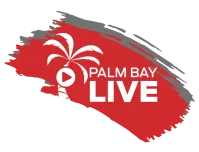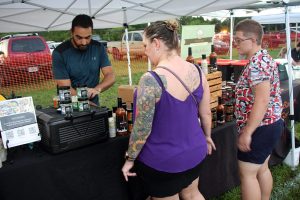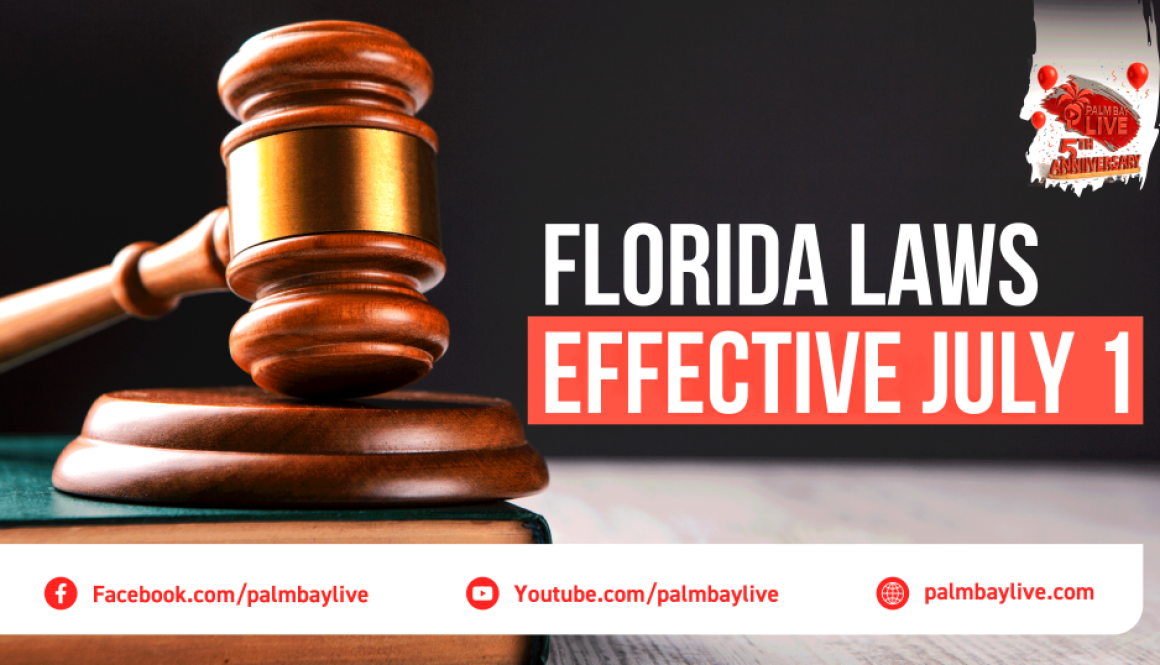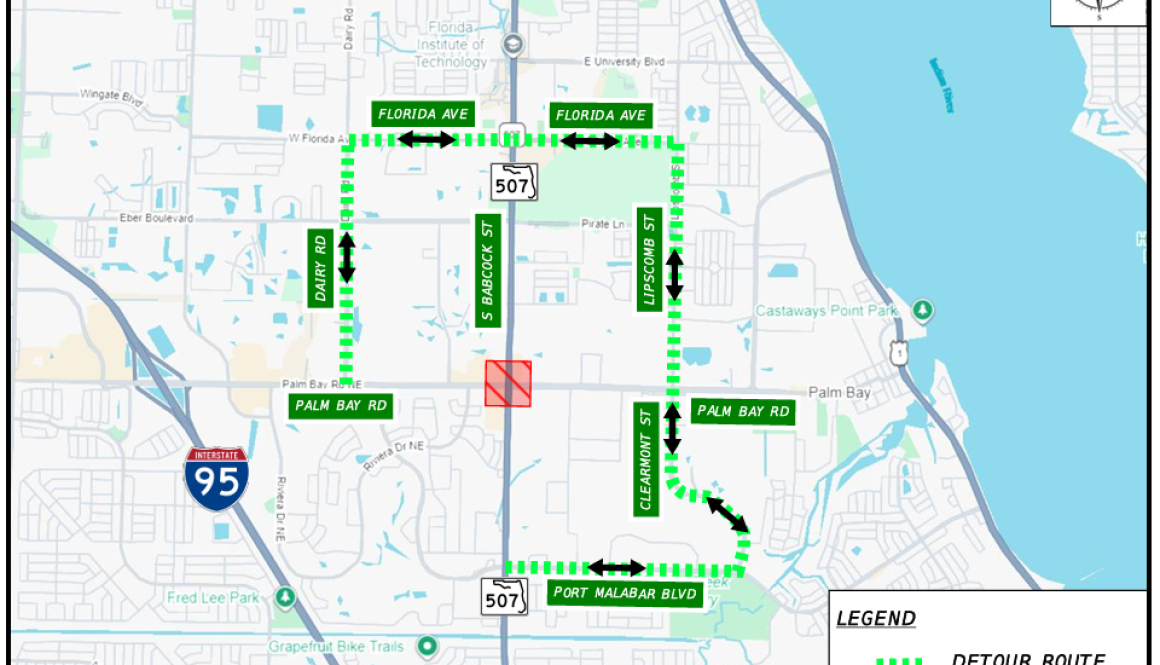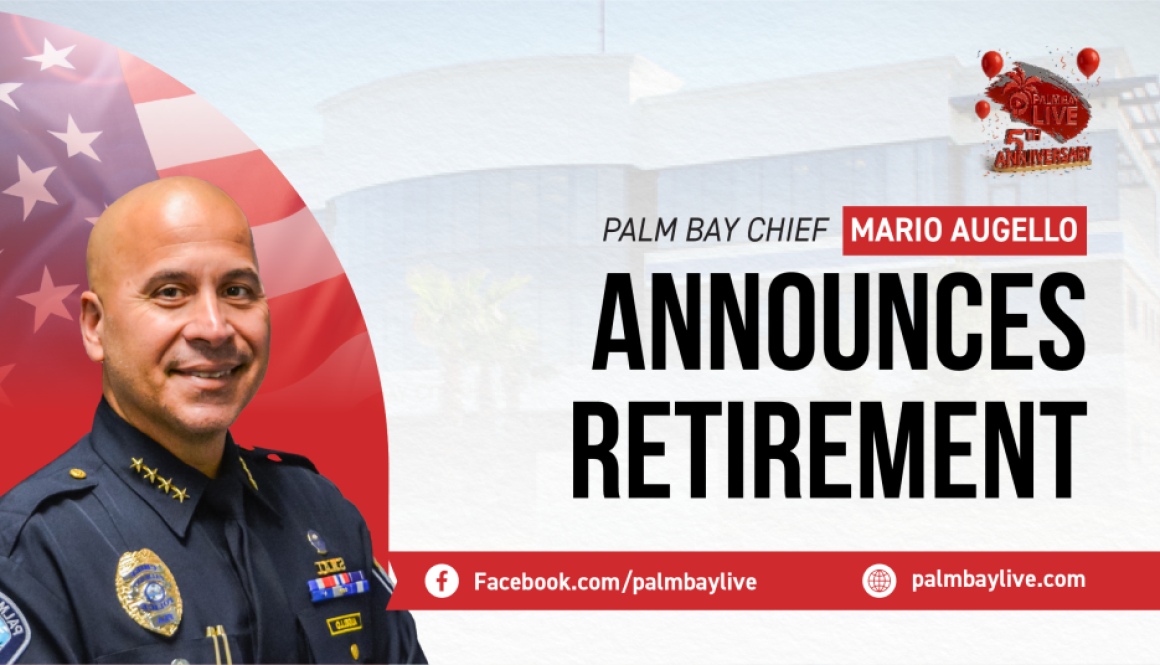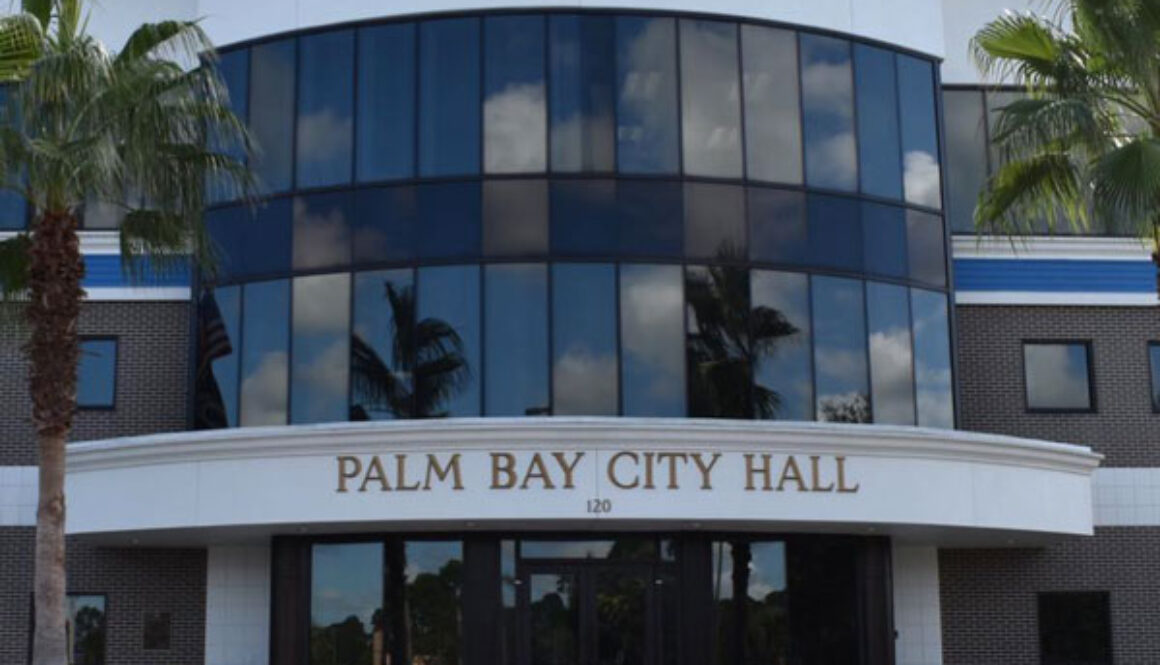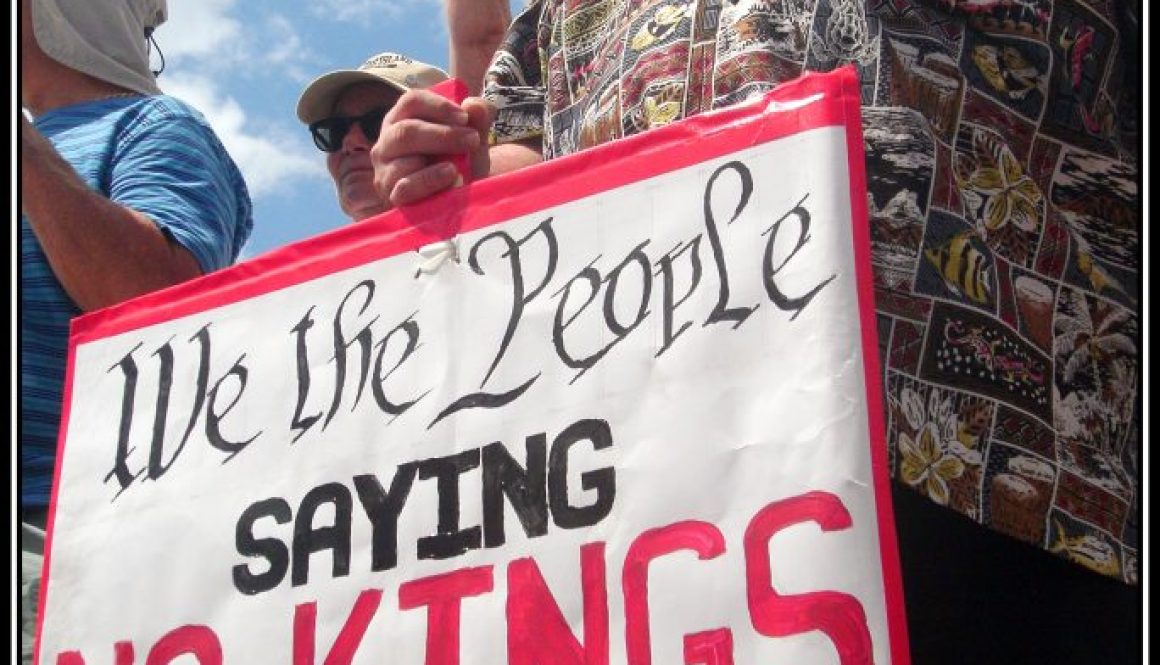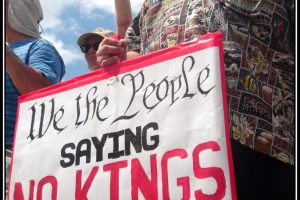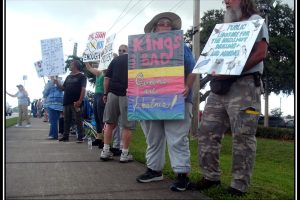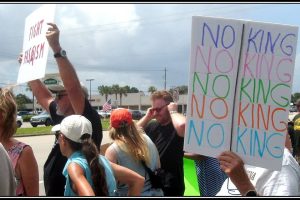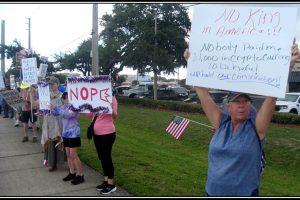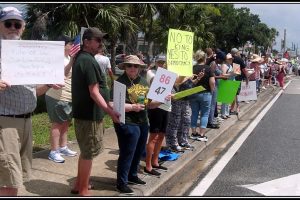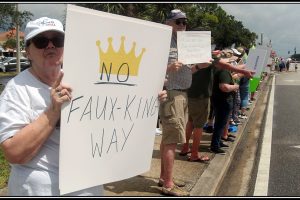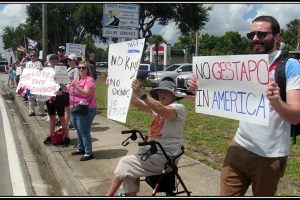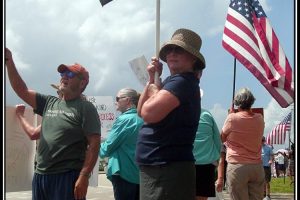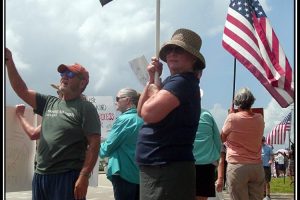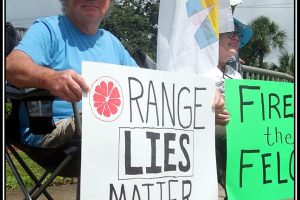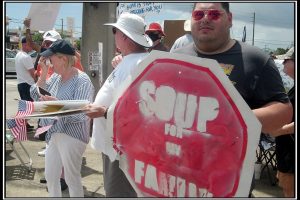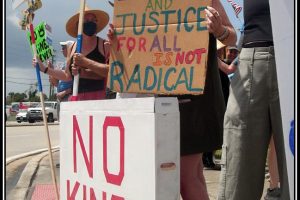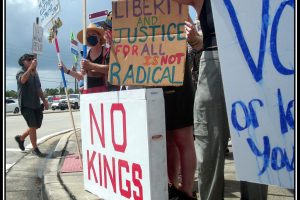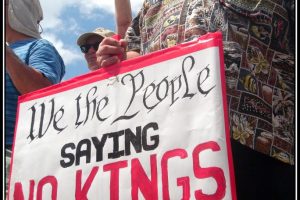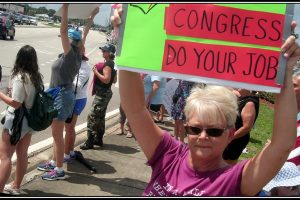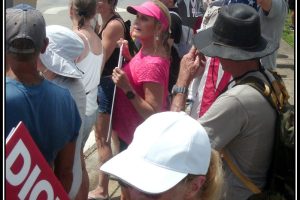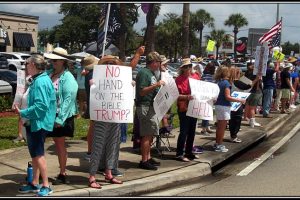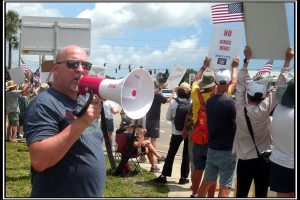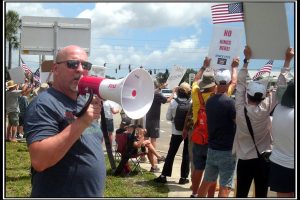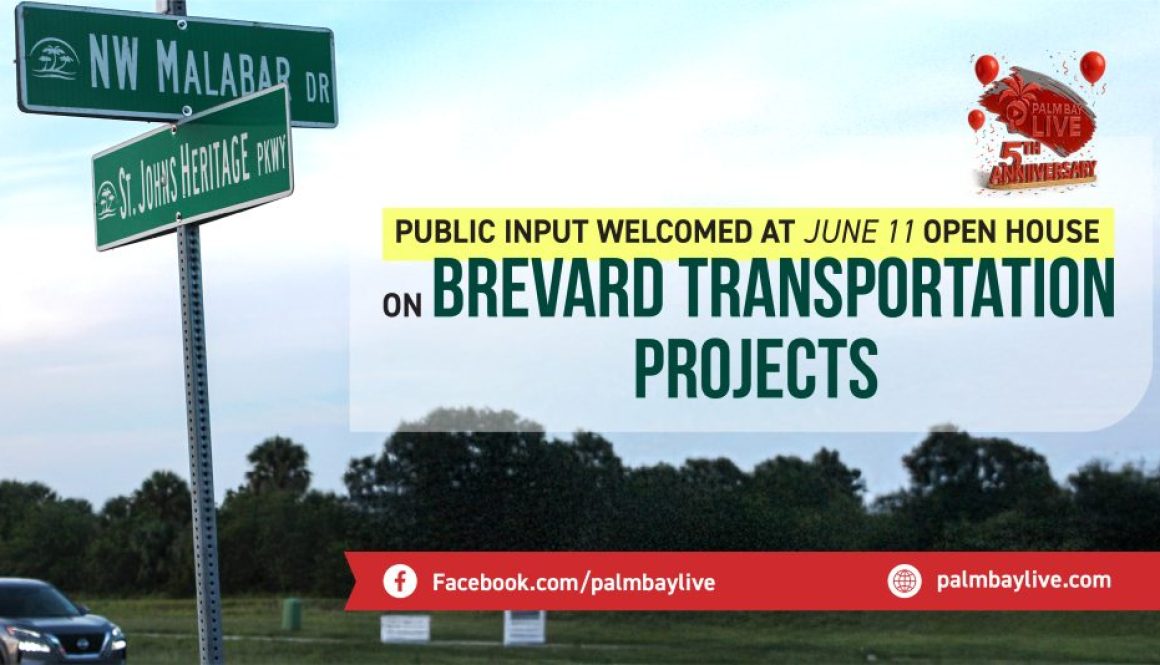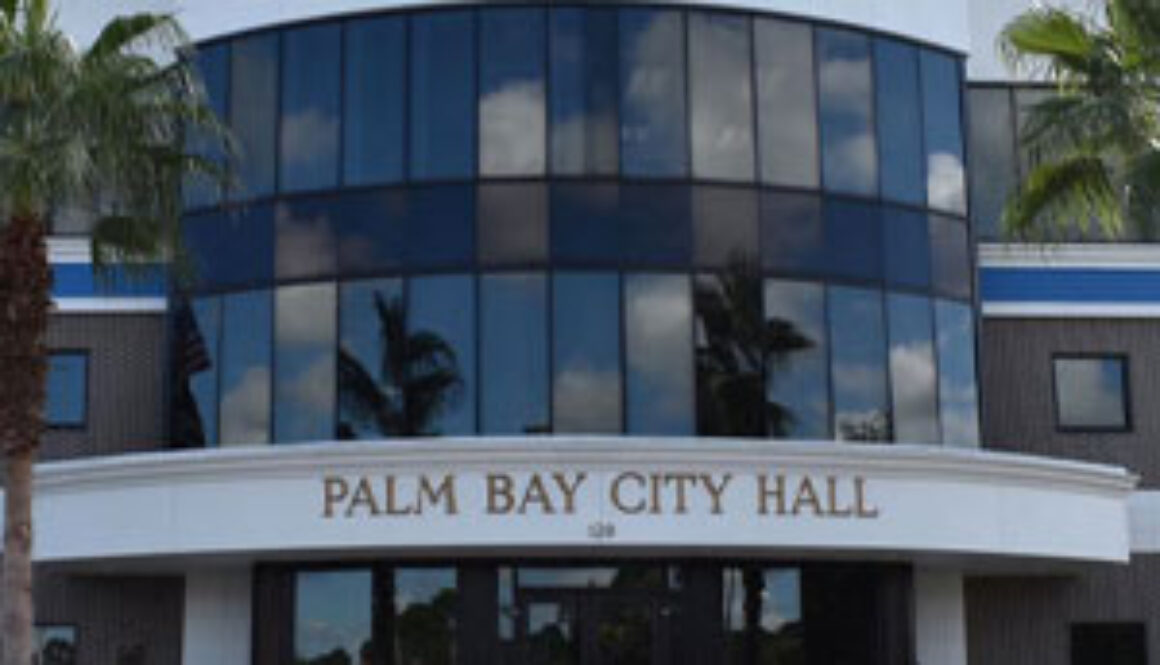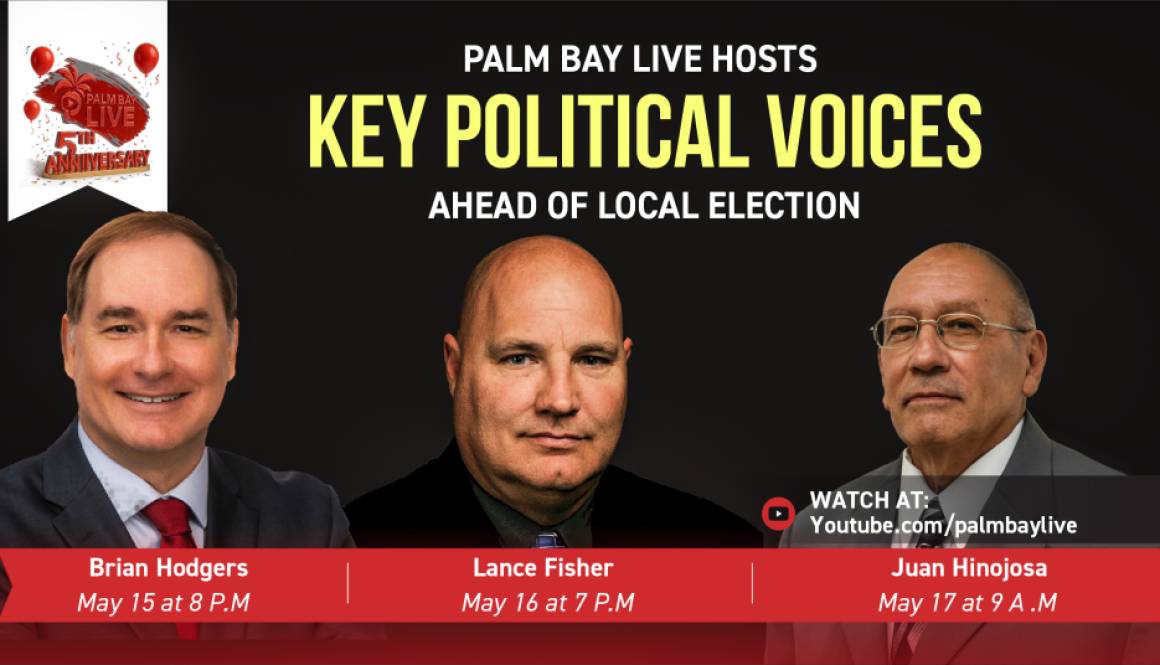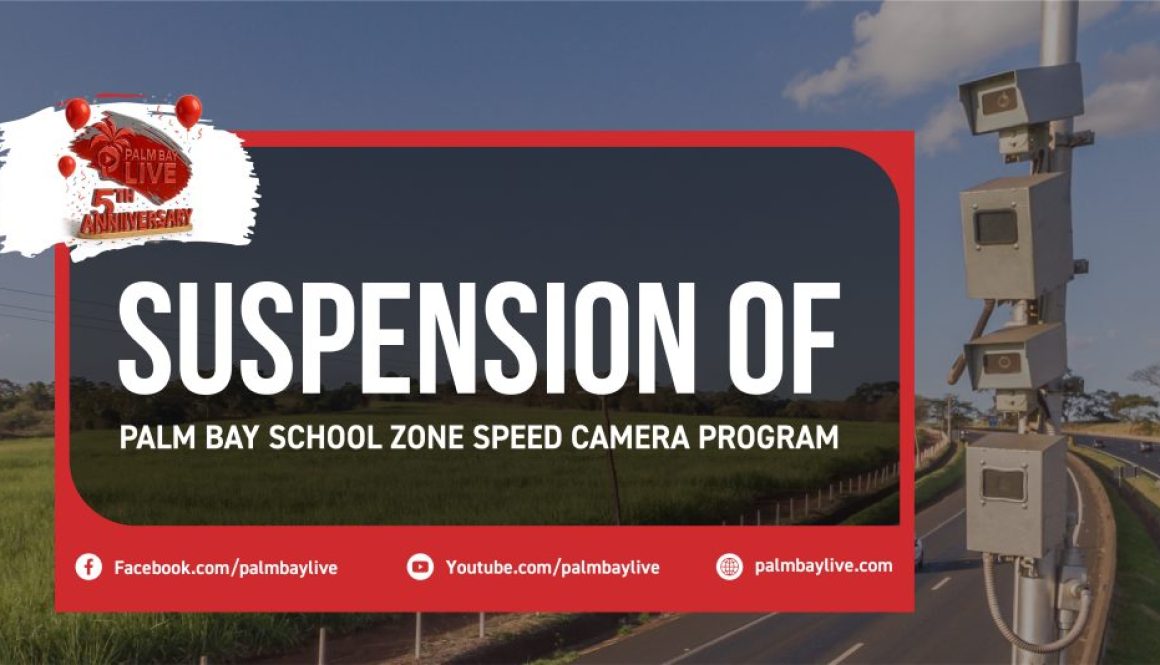PALM BAY, FLORIDA (June 30, 2025): On April 2, 2026, after more than 25 years of dedicated service and honorable leadership, Chief Mario Augello will officially conclude his distinguished career in law enforcement. As he prepares to turn the page to a new chapter in life, he leaves behind a legacy. A legacy built on compassion, courage, and a commitment to others that will forever resonate within the walls of the Palm Bay Police Department.
Chief Augello began his journey in public service with the United States Army, later joining the department as a patrol officer in 2000. From those early days on the streets, he rose through the ranks, taking on vital roles in Crime Suppression and Neighborhood Policing. He was also a long-standing member of the SWAT Team, where he eventually rose to the position of commander.
As Chief, his leadership has been defined by a persistent dedication to the well-being of his officers. He championed wellness not as a trend, but as a necessity. Under his leadership, the department’s wellness program expanded significantly. Most notably through the hiring of a mental health professional and the establishment of the department’s first on-site fitness center. Even in the face of adversity, Chief Augello remained focused in his mission to reduce the stigma surrounding mental health within law enforcement.
Chief Augello’s compassion extended far beyond the department. He founded the Palm Bay Blue Foundation, a nonprofit that continues to uplift the lives of the department’s employees through crucial support for training, equipment, and wellness. Under his leadership, the city also saw a 12% reduction in violent crime, a testament to the impact of his dedication to both community safety and departmental integrity.
In a heartfelt message to the department, Chief Augello reflected:
“It has been the honor of my life to serve as your Chief of Police. Thank you for trusting me with this responsibility. From the moment I was sworn in as Chief, I publicly stated that if we were going to truly protect and serve our community to the best of our ability, we first had to protect and serve the men and women of this department. That guiding principle shaped every decision I made, every initiative we launched, and every conversation I had.”
Through the long hours, the countless sacrifices, and the weight of leadership, Chief Augello credits the consistent love and support of his wife and family. Their patience and understanding carried him through the most challenging moments of his career. He also credits his deep faith in God for guiding his steps, grounding his decisions, and giving him strength in moments of uncertainty. As he looks ahead to retirement, Chief Augello is filled with gratitude for the chance to spend quality time with those who have stood by his side and the opportunity to continue to serve in other capacities.
While we still have time to walk this path together until April 2026, we are also looking ahead with pride and excitement. After thoughtful and heartfelt discussions with city leadership, we are honored to announce that Deputy Chief Jeff Spears will be the next Chief of Police for the Palm Bay Police Department.
Deputy Chief Spears’ journey began right here in Palm Bay. A lifelong resident, he joined the department as a Police Explorer at just 16 years old. Since officially joining the force, he has served with distinction, dedication, and a deep love for the community he calls home. His roots, experience, and vision make him the right leader to carry forward the values and spirit that Chief Augello has so deeply instilled.
As we celebrate Chief Augello’s remarkable career, we extend our deepest gratitude for all he has given to this department, to this city, and to every person whose life he’s touched. We look forward to the next chapter for both Chief Augello and the Palm Bay Police Department, knowing that while his badge may one day rest, his impact never will.
